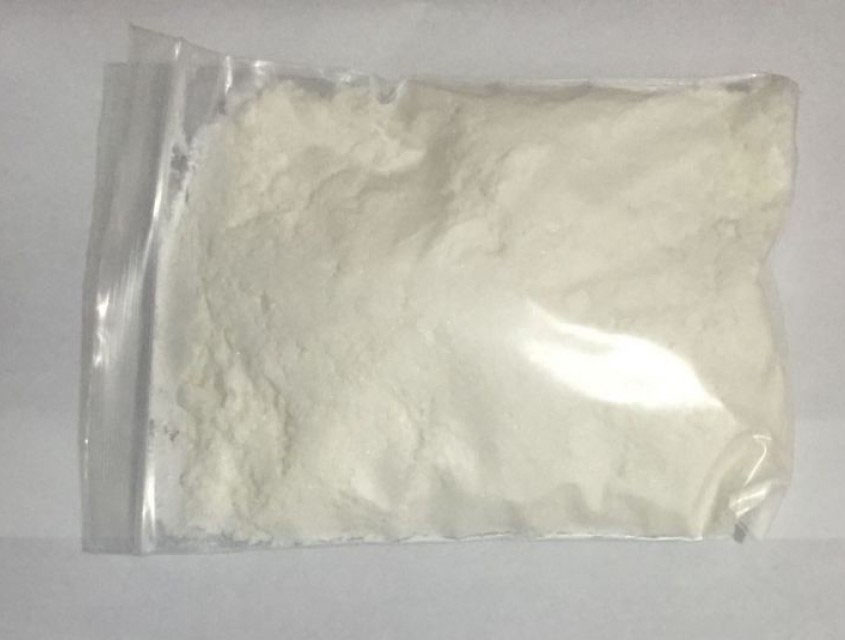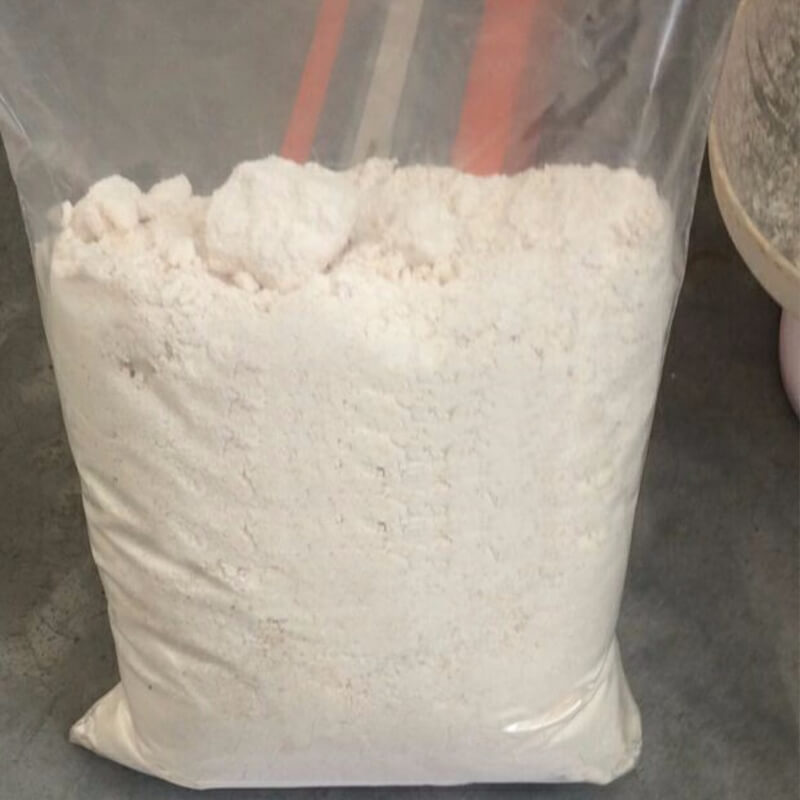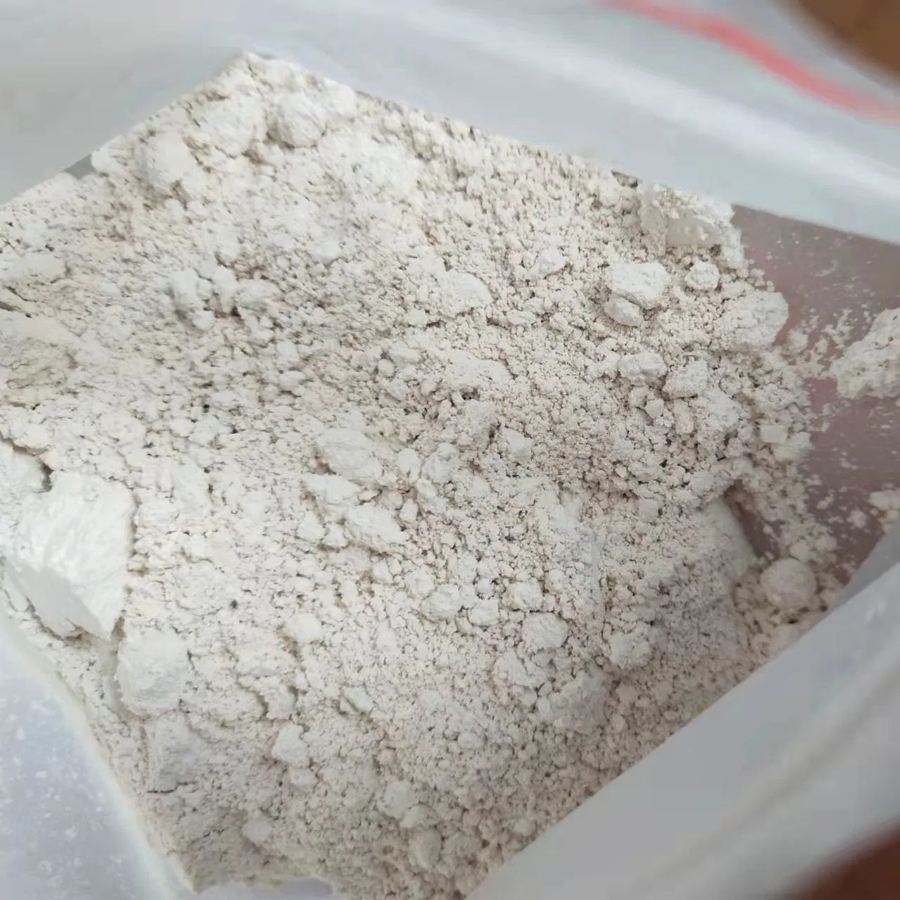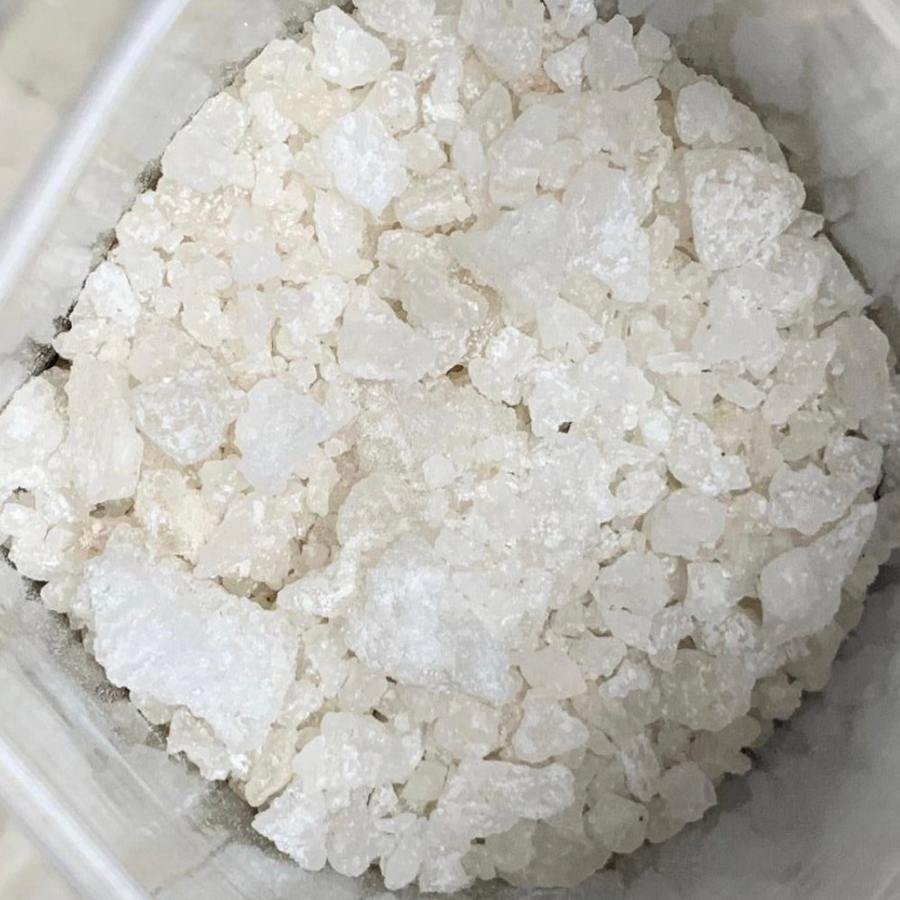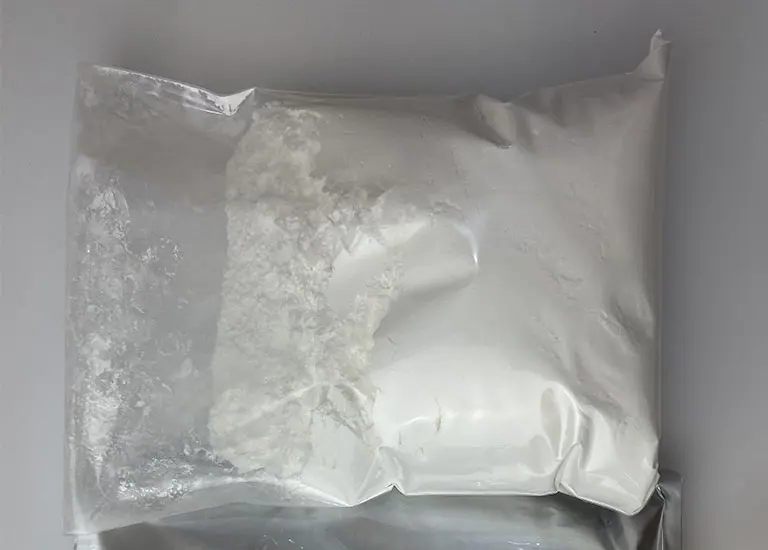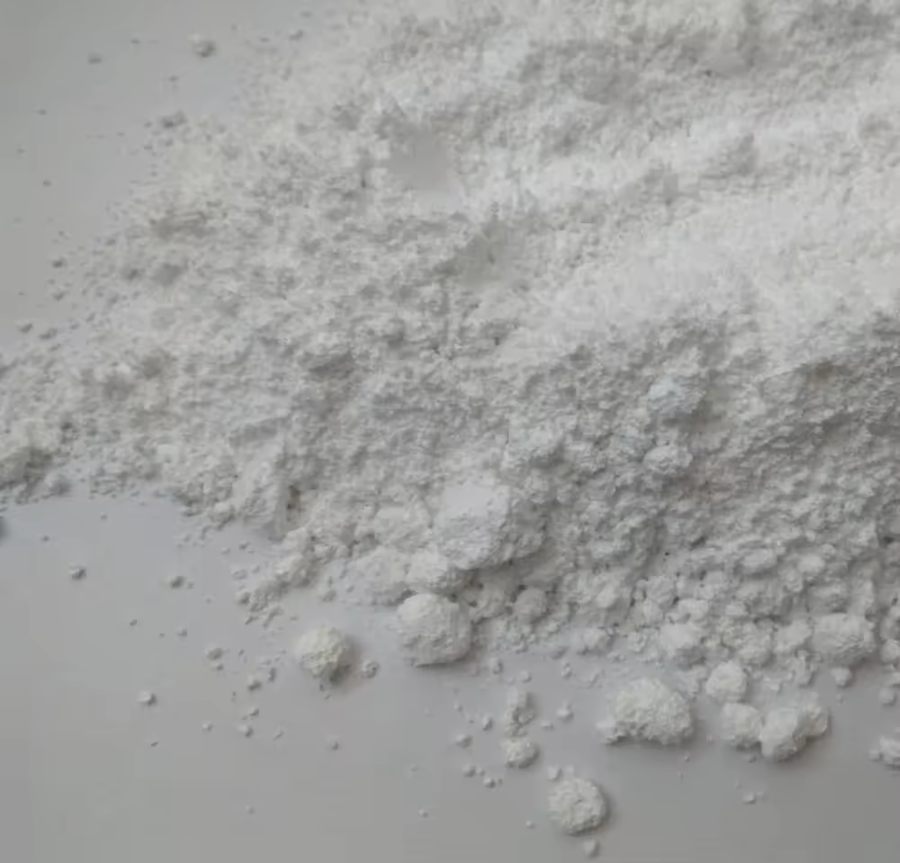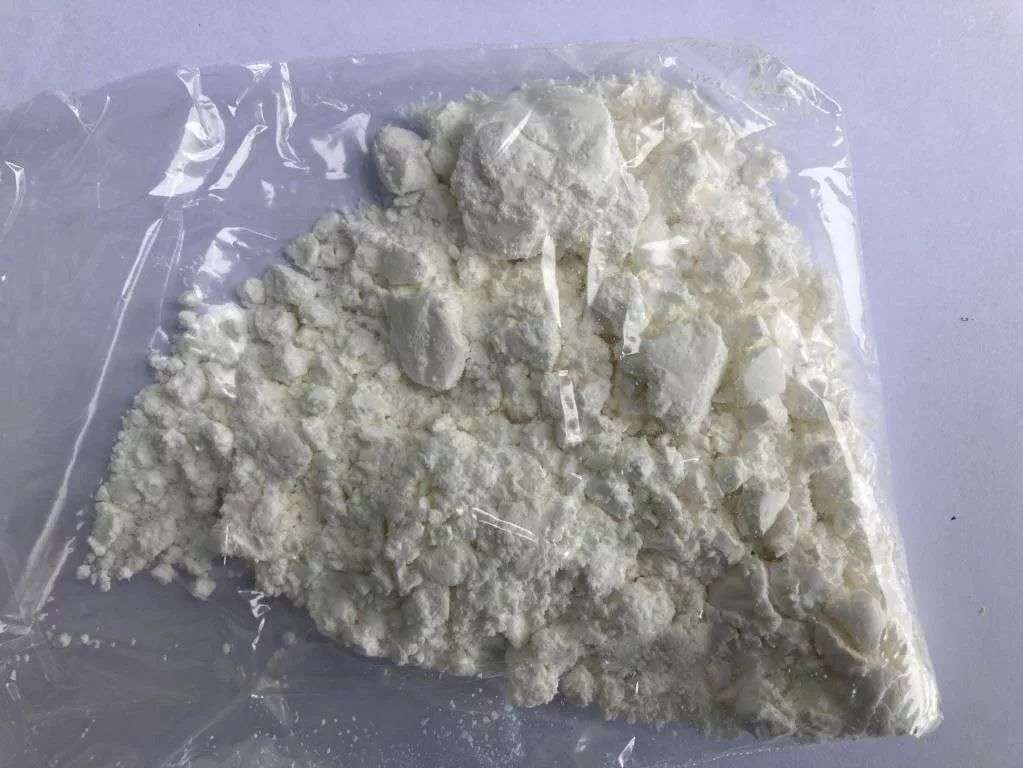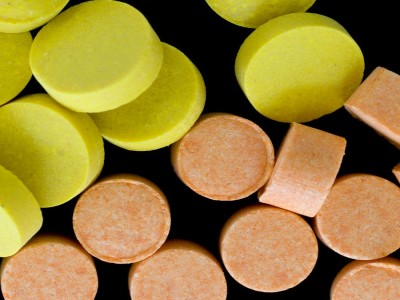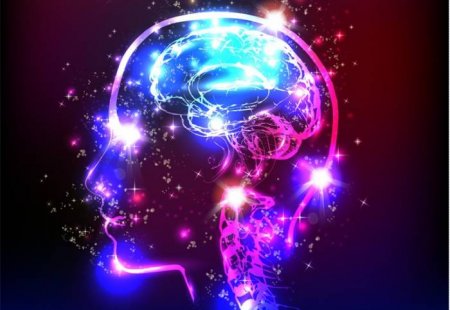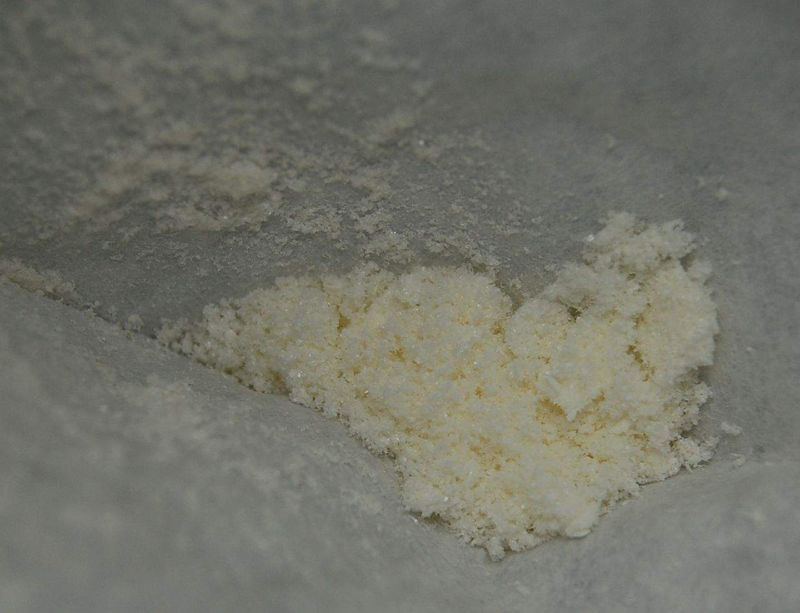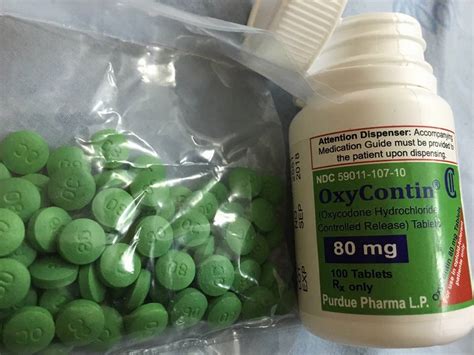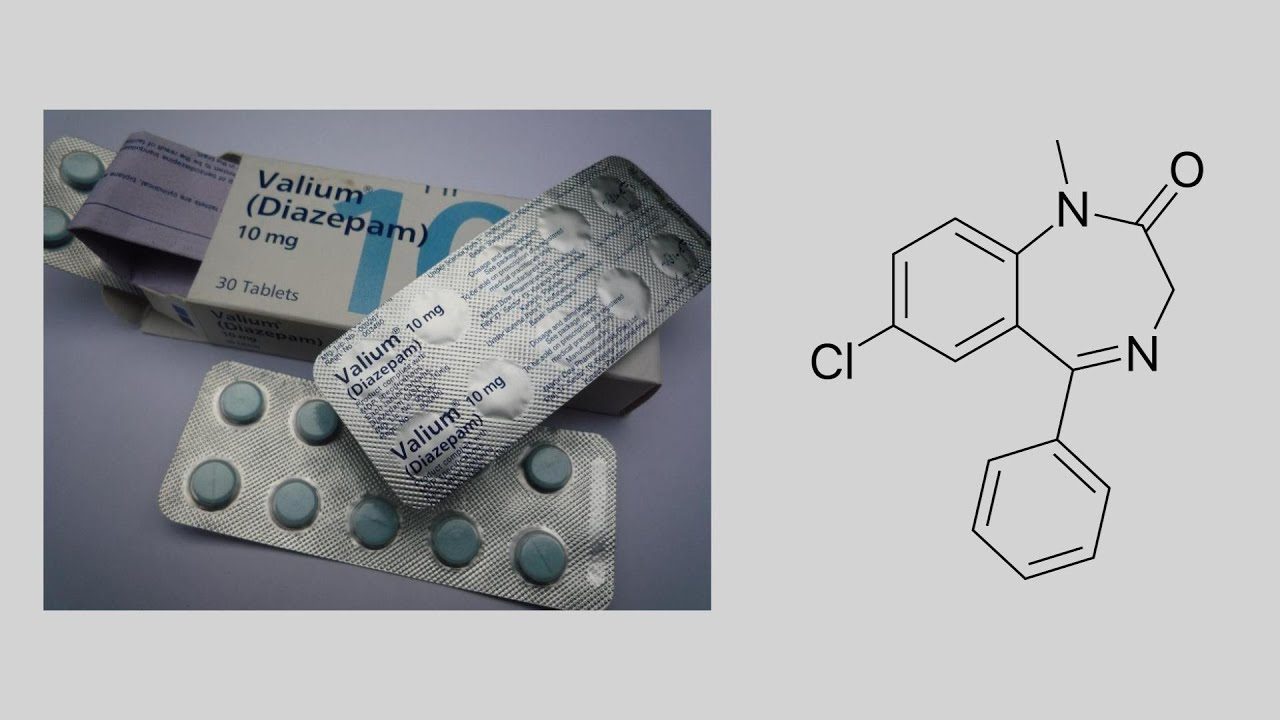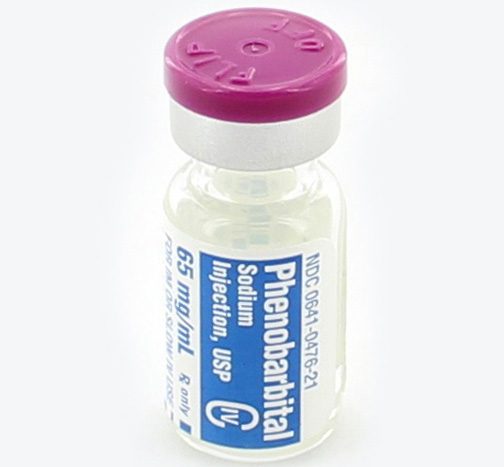Phencyclidine refers to those drugs that are medications, but are not always used for their intended purpose. This is a complex drug, dangerous and hard drug: it is very important to identify the symptoms of the drug in time and notice the changes that occur with the person, otherwise a deplorable outcome is possible.
Drug phencyclidine – composition and history of the drug
The history of the drug has only a few decades:
A crystalline substance of synthetic origin was developed in the United States of America in the fifties of the last century. Initially used in medicine under the brand name SERNYL – until 1956. Its use was subsequently discontinued for serious toxicity reasons, including due to neurotoxicity.
From the sixties to eighties, the drug was also actively used in veterinary medicine.
In 1979 there was a ban on the use and production of the drug. The main reason is its wide distribution and use for non-medical purposes.
According to the mechanism of action, it refers to dissociative anesthetics, N-methyl-D-aspartate neuroreceptor blockers (NMDA). Pronounced hallucinogenic effect.
Other PCP items include Angel Dust or Angel dust, super grass, killer weed, Peace pill, Killer weed and others.
In the realities of the modern world, the drug is produced in illegal laboratories for further distribution. The synthesis of the drug, according to experts, is very simple, which greatly complicates the process of tracking its production. It looks like a powder of a greenish tint, it can also be sold in the form of granules of light green color. It has a bitter taste.
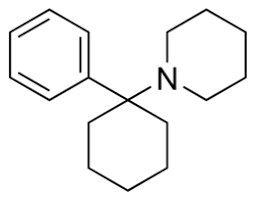
Use of PCP in medicine
Phencyclidine (PCP) or 1-phenylcyclohexyl-piperidine is a drug used to carry out a general anesthetic effect, in another way – for anesthesia administered intravenously. As mentioned above, from the middle of the last century it was used exclusively as an anesthetic. Despite the large number of advantages over analogues, serious side effects were identified due to toxic effects on the body, among which:
severe hallucinations;
various mental disorders of the patient;
overexcitation;
prolonged state of depression.
With prolonged use, patients observed the development of physiological dependence on the drug, learning difficulties, slow speech and reactions, memory loss. Many of the above persisted for a long time after the use of the product was discontinued. When used with many other substances, such as alcohol or marijuana, it can even lead to a coma, as the toxicity of PCP increases significantly. The effect in combination with other stimulants is more prolonged.
After the withdrawal of funds from medical practice and the ban on its production, the drug was completely withdrawn from legal circulation. Since the mid-sixties, the drug has been used to achieve the state of drug intoxication.
Phencyclidine was used as an anesthetic at a dosage of 0.25 mg / kg.
Legal status
In the United States, the substance is on Schedule II of narcotic drugs. Included in Schedule II of the Convention on Psychotropic Drugs.
Drug addiction
The narcotic drug phencyclidine is removed from the human body for a long time: it is a very slow and difficult process, especially if it is consumed regularly and decay products accumulate in the tissues. On the second day after taking the drug, withdrawal symptoms are observed, the duration and strength of which will depend on the time of taking angel dust. However, experts argue that physical dependence on the drug does not develop, while psychological dependence develops moderately.
Among the symptoms of “breaking” are present:
feeling unwell;
drowsiness and immobility;
memory losses;
depressive state;
unmotivated aggression, changeable mood;
muscle cramps;
increased pain.
What is the danger of developing dependence on angel dust? Sooner or later, taking the drug entails the development of mental illness, some of which can no longer be cured. In the event that the patient completely refuses to take phencyclidine, a complete restoration of the functioning of his brain occurs no earlier than a year later. This is true if the drug has taken a small amount of time.
The effects of PCP on the human body
Recently, the use of angel dust by smoking, dissolving in water and using intramuscular injections (a less common method) is common. In some cases, phencyclidine is used as an additional component to cocaine or LSD to enhance the effect of the latter. There are experiments mixing powder with marijuana – in these cases, the consequences of administration are unpredictable, because the nature of the poisoning of the body will be much more serious.
The effect of phencyclidine in case of smoking will be noticeable after an hour, if it is introduced by injection, the effect is observed instantly. The main effect is similar to a state of very strong intoxication, accompanied by euphoria. The effect is observed after taking a very small dosage (individually for each):
slight dizziness;
auditory and visual hallucinations, which can lead to confusion and panic attacks;
a quick change of mood – from intense joy to inexplicable anxiety, fear, crying, feelings of loss;
excited state.
With a relative increase in dosage, subsequent doses begin to show:
general weakness and apathy;
decadent mood;
other negative emotions.
The average duration of the effect of the drug can reach 6-10 hours. Overdose can lead to poor health for several days. An overdose of PCP is accompanied by severe headache or dizziness, confusion, and immunity to light and sound. The body ceases to obey a person, tremor and muscle tics appear. In case of serious overdose, coma and death are possible.
Signs of phencyclidine
The effect of a substance on the physical sensations and psyche of a person is directly related to impaired transmission of electromagnetic impulses in nerve cells. With drug intoxication, the abnormal work of serotonin receptors occurs: this precedes the appearance of hallucinations.
After drug intoxication, the indicated drugs will show symptoms from:
physical condition of the body (increased salivation, immunity to pain, fever, sweating of the palms);
emotional state (excitement, abnormal facial expressions unusual for a person, senseless look, accompanied by looking at one point, unstable emotions, mood swings);
consciousness (short-term shutdown of consciousness);
cognitive functions (problems with orientation in space, in time, speech incoherence, memory lapses);
personal qualities (the dominance of certain traits – for example, unhealthy activity or melancholy, foul language).
The specific manifestation of symptoms will directly depend on the individual characteristics of the body, age category, body weight, the use of certain medications, as well as other factors.
With an overdose, there is a pronounced symptomatology of poisoning with psychedelic drugs:
seizures resembling epilepsy;
muscle cramps;
heart rhythm disturbance;
pressure drop;
nerve tics;
nausea and vomiting;
delirium, psychosis, symptoms indicating schizophrenia.
In urine, phencyclidine is recognized even a month after administration.
Consequences of Angelic Dust
In most cases, people who have already developed a dependence on phencyclidine do not want to seek help on their own, so the experience of use is often calculated for years. This seriously increases the danger of the drug: due to the fact that sensitivity decreases and hallucinations develop, drug addicts can injure themselves, try to demonstrate “superpower”, breaking bones and breaking ligaments. If a person is prone to aggression, this characteristic will increase, which may entail consequences in the form of cruelty and violence.
Among the consequences:
change in personal qualities;
depressive states;
suicidal thoughts;
antisocial behavior;
loss of appetite and sleep;
irreversible disorders of the brain, memory impairment;
headache due to cramping;
the development of schizophrenia.
People who take PCP for a long time have a risk of giving birth to an unhealthy child with abnormalities and defects – this risk is three times higher than that of a person who has never used illegal substances.

